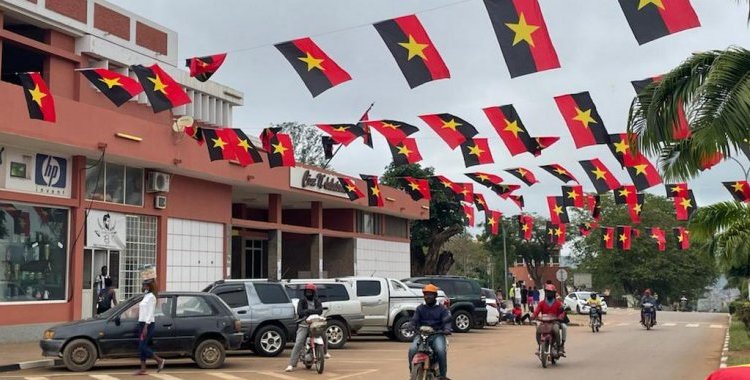"The MPLA, which was very strong in Luanda, slowly lost the capital, as the capital became something very different from what it was at the time of Independence [in 1975]. It became a reflection of the whole country", considered to Lusa Jonuel Gonçalves.
The population of Luanda is a representative sample of "practically all the community groups in the country", said Jonuel Gonçalves, recalling that during the civil war (1992-2002) many people fled from the combat zones to the capital, "which functioned as a refuge and problems grew unresolved", making the MPLA increasingly "unpopular".
The economist argued that the election on Wednesday repeated, with abstention, what had already been referenced since the 2012 elections.
The most recent provisional results released by the National Electoral Commission (CNE), with 97.3 percent of the votes cast, give the MPLA 51.07 percent and the National Union for the Total Independence of Angola (UNITA) 44.05 percent, increasingly consolidating bipolarization.
According to Jonuel Gonçalves, the publication of the provisional results means that around 5.5 million voters voted for one of the eight competing political formations (seven parties and a coalition).
"I've been doing the math: of that total, 5.1 million voted for the MPLA or UNITA and then around 300,000 more votes were distributed to the remaining political forces. of deaths (which appear in the electoral register), which gives more or less 12 million voters, therefore, making the difference between live voters and those whose vote has already been scrutinized, we obtain the result of 7 million", he explained.
"We can even consider that there are 6 million. Therefore, the abstainers are in greater number than those who voted. They are the biggest party, if confirmed in the 14 percent that remains to count for the total of votes cast", he continued.
For Jonuel Gonçalves, abstention is not uniform across the country, so "a part of the protest, which is for abstention, in Luanda went directly to UNITA" and "UNITA makes twice the percentage of 2017".
According to the CNE, the provisional data in the province of Luanda give first place to UNITA (62.59 percent), leaving the MPLA in second place, a long way away (33.31 percent).
"It is now clear that we have this issue of abstention, which was important before and now it is again to the extent that the MPLA, on top of that, has fewer votes. The MPLA lost again 10 percent of election votes to election. What will happen next?", he asked.
"The analysis I make is the following: firstly, the sum of the opposition with abstention means that these elections were really very unfavorable to the MPLA. Secondly, democracy in Angola gains from this, because there is a balance of forces and a result that was not expected was published", he stressed.
The publication of the results for Luanda leads Jonuel Gonçalves to consider that "there was no fraud in the result".
"You have to recognize that too," he reiterated.







